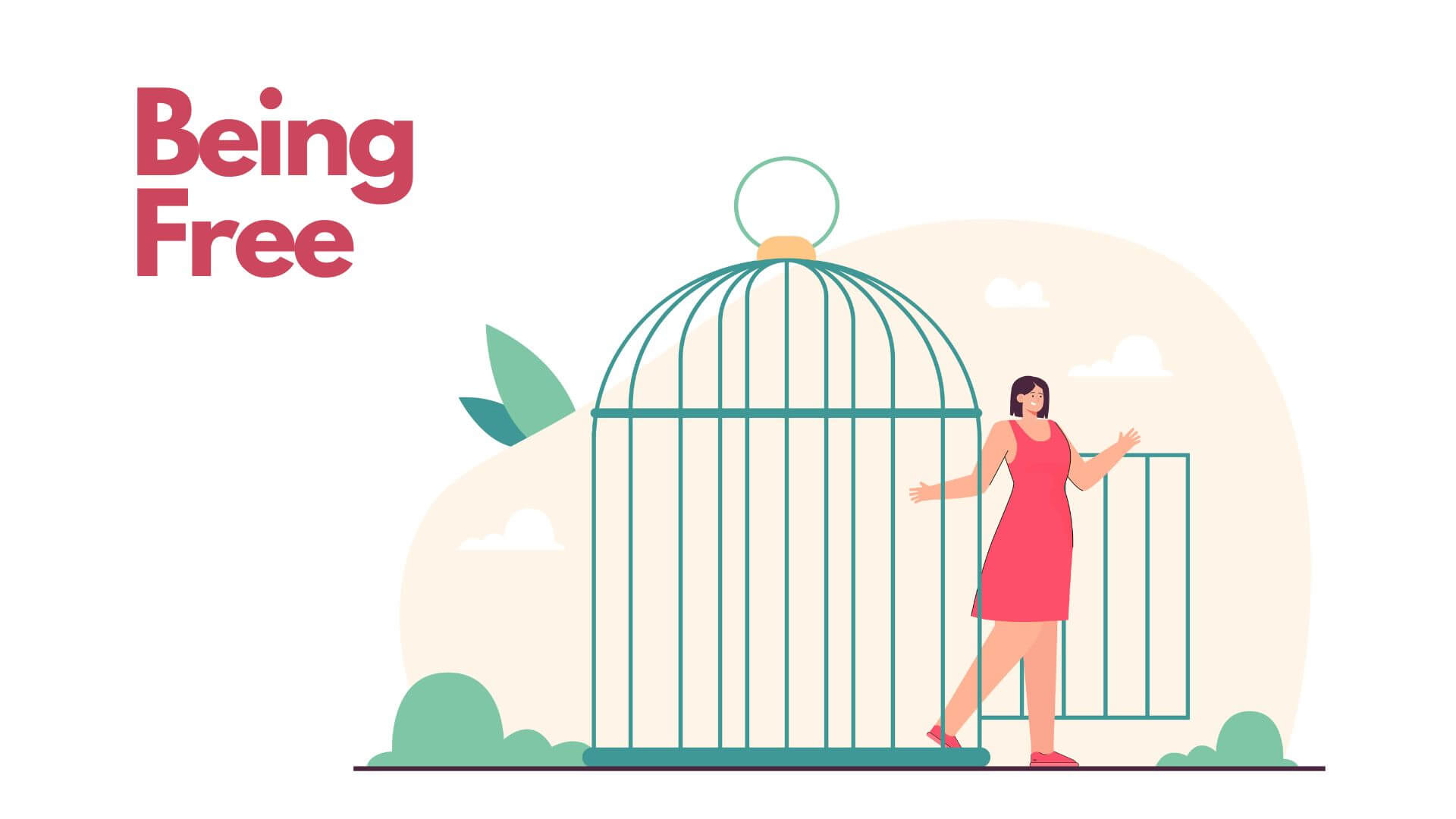Life without liberty is like a body without spirit – Kahlil Gibran
Freedom is a complicated topic. Philosophers have argued over how important it is and whether we can achieve true freedom. However, in a more practical sense, we need to consider what freedom can be for us and whether it is worth pursuing it in our own lives.
Is it a luxury?
For some people, liberty can definitely feel like a luxury. It’s not easy to achieve and not easy to maintain. However, this doesn’t mean that freedom is something unnecessary.
People begin looking for autonomy at an early age. At three years, children first try to do things on their own and get very upset if they are not allowed any freedom to choose or to try. Psychologists suggest that giving some degree of liberty is essential to a kid’s development; they should be allowed to try and make things on their own.
Next in a person’s development, freedom becomes especially important for teens. They want to test the limits and get to do things on their own, experiencing the world. If they are completely stifled in this regard, their development suffers.
As adults, we also seek autonomy. One of the worst experiences we can have at work is micromanagement: having a boss who does not allow the employee any autonomy. This suggests that we do need freedom and autonomy, and it’s not just a luxury item.
Does freedom lead to boredom?
Having too much freedom is sometimes linked to feeling bored. After all, being able to do anything at all means that we don’t end up doing anything at all. However, this doesn’t come as a result of freedom per se, but rather as a result of a lack of clarity.
While sometimes having no limitations can be dull, it’s important to learn to manage freedom in a way that is responsible and gives us control over our lives.
Freedom is linked to responsibility
It’s also important not to believe that freedom is just about doing whatever. It is the other side of the coin to responsibility. Being autonomous is not just about doing what you want but also being ready to face the consequences.
Responsibility is something that limits freedom and makes it more impactful. By recognizing both sides of the coin, we can live our autonomy in a way that does not hurt us and those around us.
Freedom contributes to our mental health
When we are living in extremely controlled environments, we don’t tend to respond well. People with very controlling parents or partners, who face micromanagement at work, and those who live in highly restricted conditions, such as a prison, usually face significant mental health challenges related to a lack of control.
When we feel in charge of our lives, we feel better and have less distress. While there are things that are obviously beyond our control, we do need feel like we are in the driver’s seat.
What we need to feel free in our lives
Freedom is a basic necessity. While it comes with its share of responsibility, it is also something that helps us feel well, strong, and in control. How can we achieve this experience?
We need to be able to own our decisions, the good and the bad. Avoid blaming others for the things that come as a result of your decision. It’s important to accept that we hold the power in our own hands and that we can survive making bad choices by trying harder to make better ones in the future.
Another way of being free is taking the power of making our own decisions. We can take or not take advice, but we should recognize that we are the ones who are responsible for our lives. Accepting this is very liberating.
Freedom can be boring at times. At other times, it can feel overwhelming and difficult to manage. However, it is essential for all people in different stages of their lives.
Recognizing that freedom matters and working to make it ours can help us feel in control and encourage us to make better decisions while also assuming responsibility for the outcomes.
Feeling free gives us confidence and helps us become our own people. It can be hard sometimes, but it’s always worth it. As Bob Marley said: “Better to die fighting for freedom than be a prisoner all the days of your life.”


